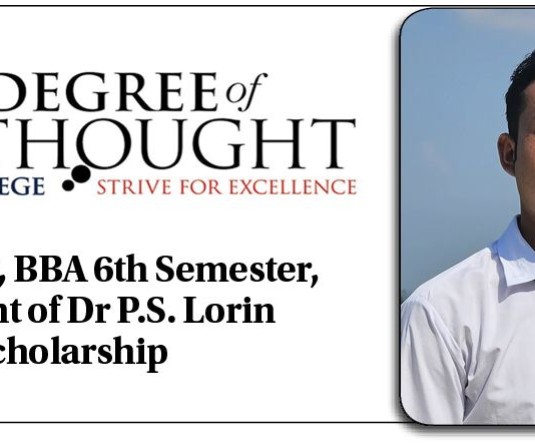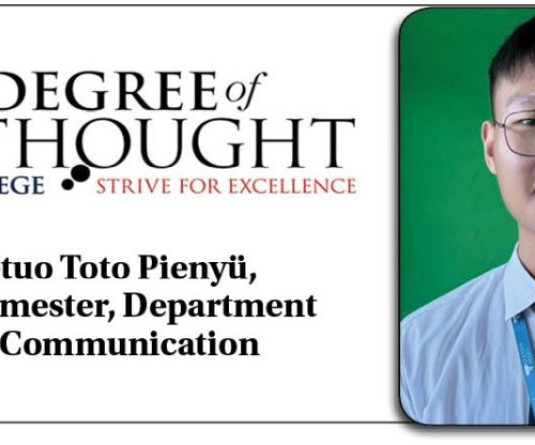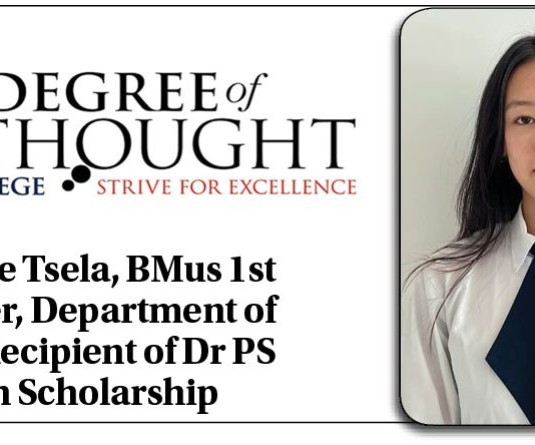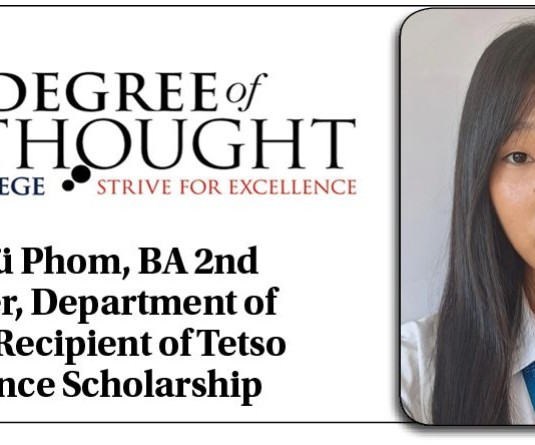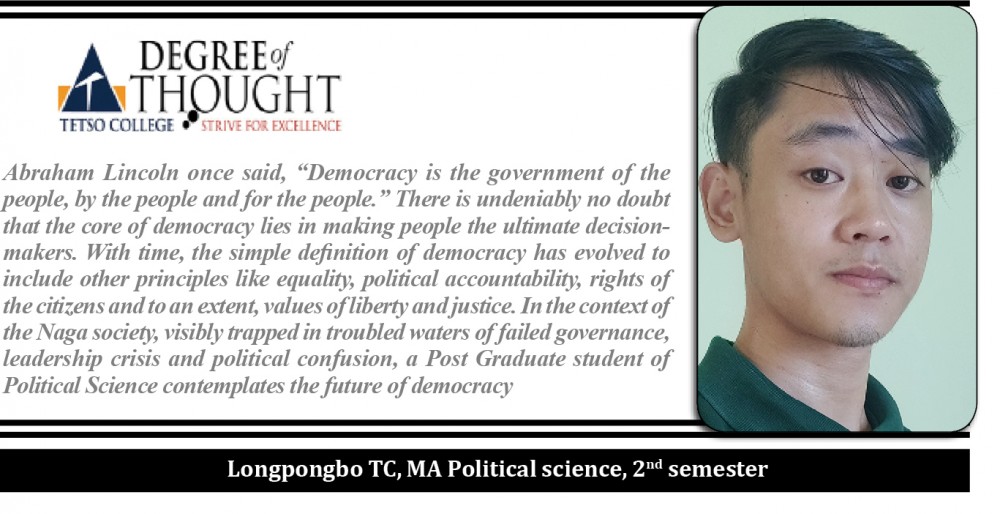
Longpongbo TC, MA Political science, 2nd semester
“Democracy is not merely a form of Government. It is primarily a mode of associated living, of conjoint communicated experience. It is essentially an attitude of respect and reverence towards our fellow men.”
~ D. Babasaheb Ambedkar
Abraham Lincoln says: “As I would not be a slave, so I would not be a master. This expresses my idea of democracy.” Various philosophers, political scientists and writers have given numerous definitions of democracy. A relentless champion of human rights and staunch believer in democracy, Dr Ambedkar says: “Democracy is not a form of government, but a form of social organisation.”
Democracy, however, for me, is a beautiful system of coexistence and cohabitation, because of the fact that it accommodates all the people belonging to different ethnicities, religions and socio- economic status. Democracy is about people living together and working together sharing equal liberties and equal opportunities in all levels of society and even though it might not be perfect, it offers a possibility of something better. In a democracy, communication is an important tool because it is through communication that relationships between different individuals and communities are established in the society. As such, every individual has to have the freedom of speech and no governing authority should have the power to take away the right to freedom of speech of any individual. Everyone’s voice is counted in a democracy. Democracy is the closest thing a society can come to getting all of its members what they need and what they want in order to succeed in life. It relies on faith, trust, hope and belief. Democracy is two individuals in a lift or on the streets respecting each other not because of their social status or the type of car they drive or where they come from but purely from the content of their own moral character. Democracy is when society cares about each other regardless of any situation that is presented. It is a system that gives us the ability to affect change and see real impact in the world around us every day and construct the future we want to see.
The idea of democracy is something which we have all read in our school textbooks since childhood. But for the majority of us, the idea of it remains buried and it is believed to exist only when it is time to vote during elections. It seems democracy has been reduced down to the electoral process. We often forget to realize that we the people, as a whole, can come together and change the outcome of different scenarios in different political, social and economic aspects and define what democracy means for us. Democracy does not necessarily mean that all we have to do is vote during elections and wait for the elected representatives to take care of our problems and issues and improve our standard of living while we sit on the couch watching television, but we need to understand that we have an important role to play in influencing and shaping the decisions that affects us on a daily basis.
Here I cannot refrain myself from quoting Dr Ambedkar who firmly believed that political democracy cannot succeed without social and economic democracy. In his talk given on the Voice of America he argued that: “Democracy could not be equated with either republic or parliamentary form of government. The roots of democracy lay not in the form of government, parliamentary or otherwise. A democracy is a model of associated living. The roots of democracy are to be searched in social relationships, in terms of the associated life between the people who form the society.” At the time of adoption of the Constitution, Dr Ambedkar warned: “On 26th of January 1950, we are going to enter into a life of contradictions. In politics we will have equality and in social and economic life we will have inequalities. In politics we will be recognising the principles of one man one vote and one vote one value. In our social and economic life, we shall, by reason of our social and economic structure, continue to deny the principle of one man one vote. How long shall we continue to live this life of contradictions? How long shall we continue to deny equality in our social and economic life? If we continue to deny it for long, we will do so only by putting our political democracy in peril. We must remove this contradiction at the earliest possible moment or else those who suffer from inequality will blow up the structure of our political democracy.” This wisdom is something to ponder upon.
So, I think an ideal democracy aims essentially to preserve and promote the dignity and fundamental rights of the individual, to achieve social justice, foster the economic and social development of the community, strengthen the cohesion of society and enhance national tranquility, as well as to create a climate that is favourable for peace and social harmony. As a form of government, democracy is the best way of achieving these objectives; it is also the only political system that has the capacity for self-correction. However, the question is, Do We Want To Self-Correct? Do The People And The Leaders In Nagaland Want To Self-Correct?
Degree of Thought is a weekly community column Degree of Thought is a weekly community column initiated by Tetso College in partnership with The Morung Express. Degree of Thoughtwill delve into the social, cultural, political and educational issues around us. The views expressed here do not reflect the opinion of the institution. Tetso College is a NAAC Accredited UGC recognised Commerce and Arts College. The editors are Dr Hewasa Lorin, Dr Aniruddha Babar, Khangpuiliu Pamei, Rinsit Sareo, Meren and Kvulo Lorin. For feedback or comments please email: dot@tetsocollege.org.


